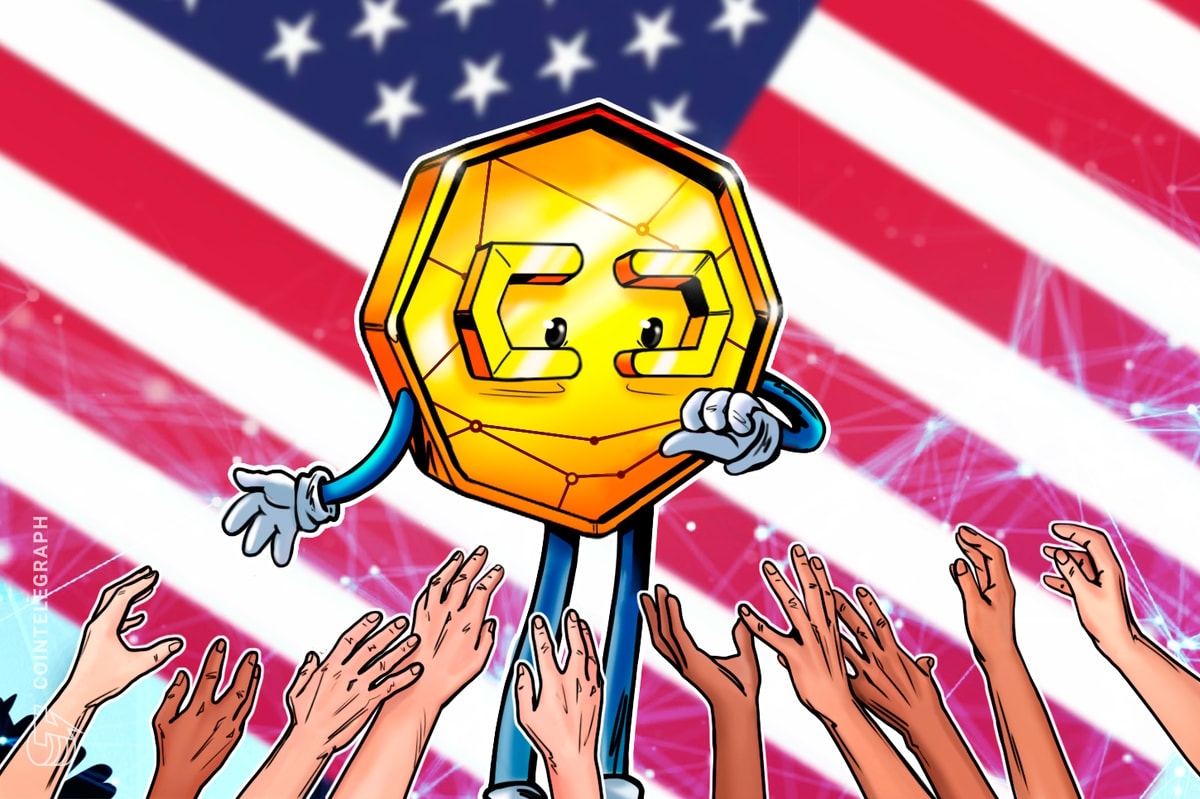As borders open up following prolonged COVID-induced travel restrictions, the Metaverse, one of the latest sub-crypto ecosystems, is set to help travelers decide on the destinations they want to experience in person, reveals a new survey conducted by Booking.com personally.
Popular online travel agency Booking.com surveyed 24,179 respondents across 32 countries, which revealed travelers’ strong interest in virtually exploring destinations as they decide on their itinerary. Out of the lot, people most likely to try out travel experiences in the metaverse were Gen Z (45%) and Millennials (43%).
Nearly half, or 43% of the respondents, confirmed their will to use virtual reality to inspire their choices. Among this group, around 4574 participants believe in traveling to new places only after experiencing it virtually.
Moreover, over 35% of the respondents are open to spending multiple days in the Metaverse to get the hang of the surroundings offered across popular destinations. According to Booking.com, supporting technologies such as haptic feedback will help improve this experience by allowing users to experience sandy beaches and tropical sun without stepping outside.

However, 60% of the respondents believe that the experiences the Metaverse and virtual technologies offer don’t come close to in-person experiences. Some of the most popular destinations for 2023 include São Paulo (Brazil), Pondicherry (India), Hobart (Australia) and Bolzano (Italy).
Related: Metaverse ‘explosion’ will be driven by B2B, not retail consumers: KPMG partner
Tech giant Microsoft’s plan to step into the Metaverse business hit a massive roadblock after the United States Federal Trade Commission (FTC) sought to block the acquisition of Activision Blizzard.
The acquisition of Activision Blizzard for $69 billion would have played “a key role in the development of metaverse platforms,” according to Microsoft CEO and chairman Satya Nadella. However, the FTC pointed out Microsoft’s anti-competitive practices, wherein the company limited the distribution of console games after acquiring rival gaming companies.
Read More: news.google.com









 Bitcoin
Bitcoin  Ethereum
Ethereum  Tether
Tether  XRP
XRP  Solana
Solana  USDC
USDC  Dogecoin
Dogecoin  Cardano
Cardano  TRON
TRON  Lido Staked Ether
Lido Staked Ether  Wrapped Bitcoin
Wrapped Bitcoin  Sui
Sui  Chainlink
Chainlink  Avalanche
Avalanche  Wrapped stETH
Wrapped stETH  Stellar
Stellar  Shiba Inu
Shiba Inu  Hedera
Hedera  Toncoin
Toncoin  Hyperliquid
Hyperliquid  Bitcoin Cash
Bitcoin Cash  USDS
USDS  Polkadot
Polkadot  LEO Token
LEO Token  Pi Network
Pi Network  Litecoin
Litecoin  WETH
WETH  Monero
Monero  Wrapped eETH
Wrapped eETH  Pepe
Pepe  Bitget Token
Bitget Token  Binance Bridged USDT (BNB Smart Chain)
Binance Bridged USDT (BNB Smart Chain)  Coinbase Wrapped BTC
Coinbase Wrapped BTC  Ethena USDe
Ethena USDe  WhiteBIT Coin
WhiteBIT Coin  Uniswap
Uniswap  Bittensor
Bittensor  NEAR Protocol
NEAR Protocol  Aptos
Aptos  Dai
Dai  Aave
Aave  OKB
OKB  Ondo
Ondo  Internet Computer
Internet Computer  Ethereum Classic
Ethereum Classic  BlackRock USD Institutional Digital Liquidity Fund
BlackRock USD Institutional Digital Liquidity Fund  sUSDS
sUSDS  Cronos
Cronos